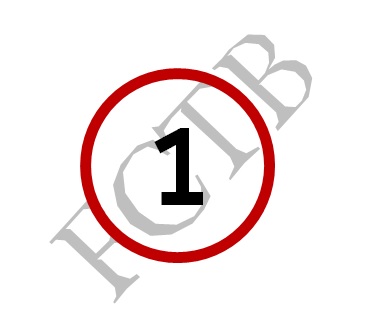FCTB: Introduction
 It’s finally happened. You’ve reached the point where your manuscript is ready. The nebulous idea in your mind has solidified and transformed as a result of hard work into the words of a draft manuscript. You’ve shaped them with a good content edit via beta readers or a content editor. Through a good line and copy edit, you’ve polished that content into a novel that’s ready for readers to enjoy. More than that, you’ve decided to go the indie publishing route.
It’s finally happened. You’ve reached the point where your manuscript is ready. The nebulous idea in your mind has solidified and transformed as a result of hard work into the words of a draft manuscript. You’ve shaped them with a good content edit via beta readers or a content editor. Through a good line and copy edit, you’ve polished that content into a novel that’s ready for readers to enjoy. More than that, you’ve decided to go the indie publishing route.
Now what?
When I completed Hunter Hunted, I had the same thought. How do I produce this novel into something people would actually read? It can be intimidating at first, which is why I decided to a series of posts for writers called From Computer to Book (FCTB).
I feel a strong desire to share my own experiences, first with Hunter Hunted and now with Panama Deception. As I’m writing these posts, I’ll begin the work of producing Panama Deception.
I want to share a warning here. Indie publishing a novel comes with a risk, and it requires you as the writer to make a choice regarding quality. That starts with a question. How serious of a writer are you?
- Are you someone who wants to put a book out online simply so you can call yourself a novelist and talk about it over wine and cheese at parties?
- Do you desire to produce a book for a very limited audience such as family and close friends?
- Do you want to produce vibrant, gripping stories that draw a reader into the book, get them to read more of your work, and make some money from it?
If you fall into the first group, please do the rest of us a favor and stop. Writing good quality novels is a long and arduous process. It takes many hours of solitary work, then more hours putting together everything else beyond writing that goes into producing a novel. People who make half-hearted attempts at writing and produce a poorly written book do the rest of us a disservice by cluttering up the market, taking readers’ money for a poor-quality product, and giving the indie publishing market a bad rep.
If you fall into the second category, good for you. Know that it’s perfectly okay to desire to write novels for a very limited audience. I still encourage you to do a good job in producing it because you have no idea how your work might grow legs and take on a life of its own.
Last, if you’re in the third group, welcome. You’ve entered a tough but rewarding arena. While the work may be long and difficult at times, you’ll find yourself in good company. I think you’ll get a lot out of this series.
Sit back and enjoy this series. In the next post, I’ll share about ways to select a title for your work.
Question: What part of producing a novel intimidates you the most?
I have not received any compensation for writing this post. The work mentioned in this post is of my own writing. I am disclosing this in accordance with the Federal Trade Commission’s 16 CFR Part 255: Guides Concerning the Use of Endorsements and Testimonials in Advertising.”




No Comments